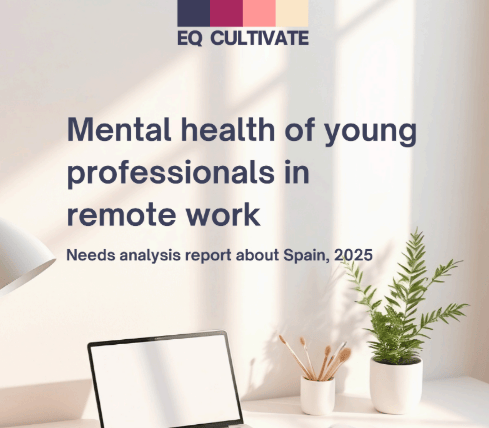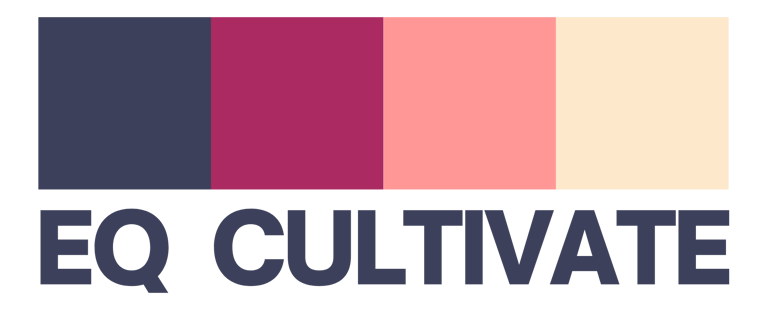Report from Spain
3/25/2025


When asked to share their "burnout emergency kit," they explained the first actions they would take to alleviate stress at work:
Planning and prioritizing work: setting clear goals and dividing tasks into manageable chunks, to maintain motivation and to achieve ever higher goals.
Maintaining a work-life balance: setting specific work hours, creating boundaries between work and personal life, and learning to disconnect avoiding hyper-connectivity. In this sense, learning to live in the present was a key mentioned tool.
Self-care practices: taking breaks outdoors, practicing mindfulness and conscious breathing, and engaging in physical activity, to recognise the importance of taking time for oneself.
Social interaction and communication: building strong relationships with team members, participating in team-building activities, and sharing responsibilities.
Delegation: learning to delegate tasks and prioritize to reduce work overload.
Time management: learning to value time and recognize the importance of resting.
The information in the report reveals a broad amount of useful information on viewpoints of Spanish discussion group. In this page we highlight the last section that displays the key themes mentioned by them.
Maintaining mental well-being while working remotely has been one of the most discussed and elaborated topics during the session. Participants shared a range of practices and habits that help reduce stress and prevent burnout, providing valuable insights that can contribute to the modules on mental health.
Practices for better mental health in remote working environments: a burnout emergency kit
To improve mental health in remote work, participants also recommended the following:
Training in stress management: offering workshops on resilience, mindfulness, and stress reduction techniques, promoting a culture of well-being, where the mental health of employees is valued.
Improving communication and team support: creating spaces for open dialogue, offering team-building activities, and fostering a culture of mutual support.
Work-life balance support: promoting flexible work hours, encouraging respect for personal time, and implementing clear boundaries for work and personal life.
Digital tools training: offering internal training on effective use of digital tools, including project management and communication platforms, to streamline processes and reduce the time spent on administrative tasks.
Creating a supportive environment: providing mental health resources and ensuring that employees feel heard and supported within the team.
Overall, the discussion underscored the importance of a combination of personal and organizational strategies to reduce burnout and improve remote work conditions. Both training and better communication are key to fostering a healthier, more balanced work environment.
Participant testimonial
Latest blog entries
EQ CULTIVATE
© Made by Flourish NGO 2024

This website was prepared within an Erasmus+ funded project "Cultivate emotional intelligence and prevent burnout among youth workers in smart and hybrid working spaces", contract No.2024-1-ES02-KA210-YOU-000246673. Views and opinions expressed are however those of the author(s) only and do not necessarily reflect those of the European Union or Instituto de la Juventud de España (INJUVE). Neither the European Union nor the granting authority can be held responsible for them.
